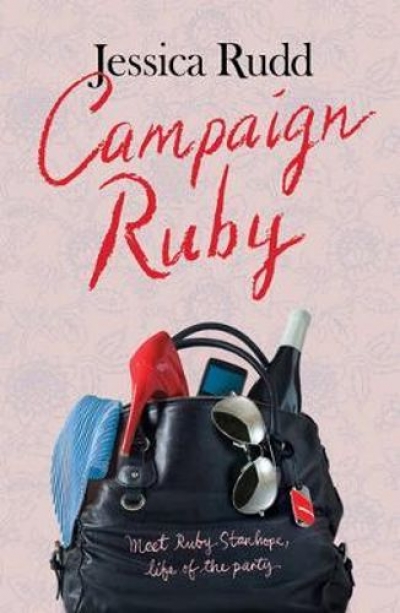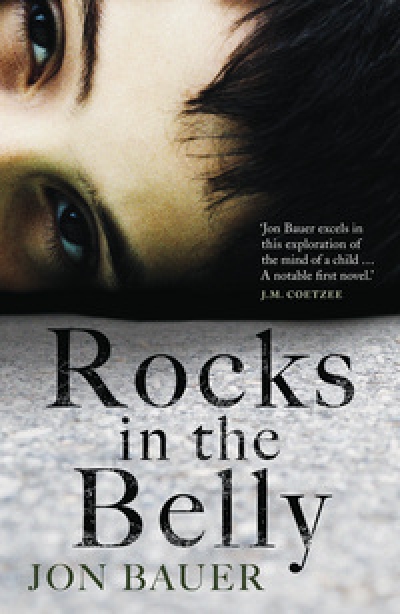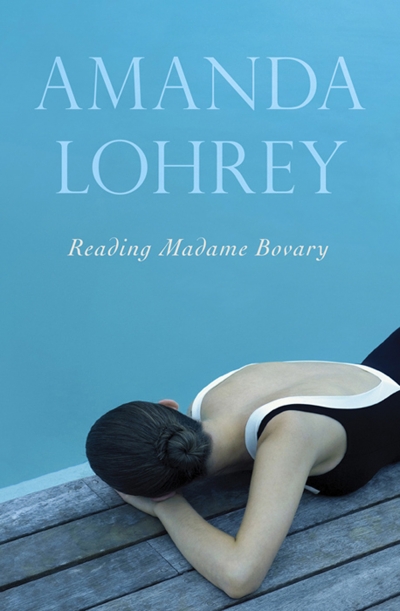Archive
The Cambridge Companion to English Novelists by Adrian Poole & The Cambridge Companion to the Twentieth-Century English Novel edited by Robert L. Caserio
by Sarah Kanowski •
Unbridling the Tongues of Women: A biography of Catherine Helen Spence' by Susan Magarey
by Helen Thomson •
Patterns of Creativity: Investigations into the sources and methods of creativity by Kevin Brophy
by Jane Goodall •
Public Life, Private Grief: A Memoir of Political Life and Loss by Mary Delahunty
by Corrie Perkin •










